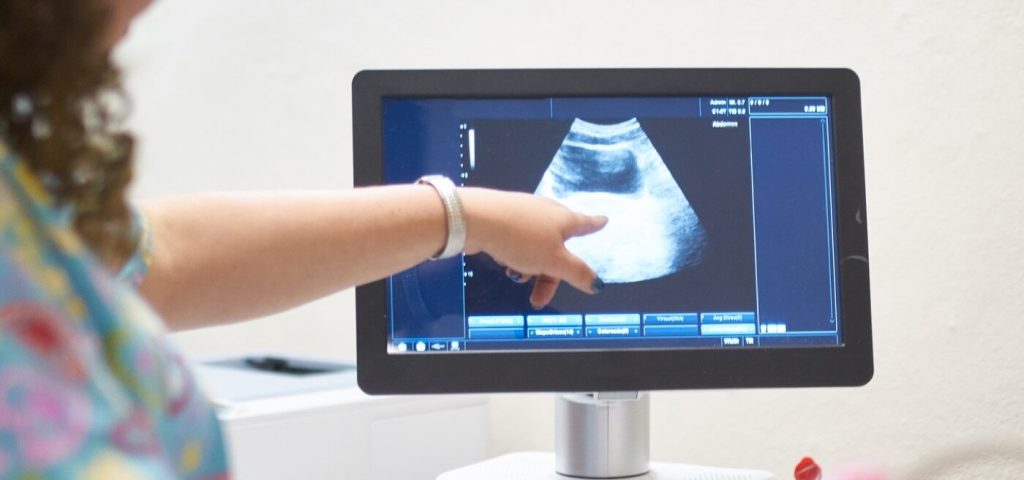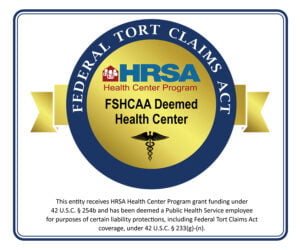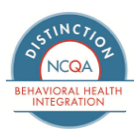Keys to a Healthy Pregnancy
This July marks the 22nd annual International Group B Strep Awareness Month, a time to raise awareness for an illness that often shows no symptoms in pregnant women, but can pose serious health risks when passed to their newborn during birth.
In this blog, we’ll answer your questions about Group B Strep including how it can impact your pregnancy, how Group B Strep spreads, what treatment options are available, and more.
Q: How does Group B Strep affect pregnancy?
A: About 1 in 4 pregnant women carry GBS, many of them unaware due to a lack of symptoms before passing it on to their newborn. It’s one of the reasons the CDC says GBS is a leading cause of sepsis and meningitis in infants.
The two infections share many of the same symptoms among newborns — including a high temperature, difficulty breathing, irritated skin, and an upset stomach — and both can be life-threatening.
“Group B Strep is transmitted to the newborn when the baby passes through the birth canal, says Dr. Caitlin Chiles, Director of Primary Care at Hunter Health. “The issue comes when a newborn is involved because their immune system is so immature, and they have not seen bacteria and viruses in the outside world.”
Q: Where does Group B Strep come from?
A: Unlike Group A Strep, which is most often thought of as strep throat, GBS bacteria lives in the digestive and reproductive tracts. The bacteria do not spread through food, water, or touch, and how it’s spread among non-pregnant adults is relatively unknown.
Many cases are asymptomatic, but can cause issues among those with other medical conditions including diabetes, heart disease, or cancer. And while the CDC says just 1 in 10,000 non-pregnant adults test positive for GBS each year, 1 in 20 of those positive cases result in death.
“People who have Group B Strep don’t necessarily know they have it,” says Dr. Chiles “For some people it could cause urinary tract infections. It could rarely cause infections for immunocompromised people. Otherwise, people aren’t going to know they have Group B Strep until they’re tested for it.”
Q: Is there a treatment for Group B Strep?
A: Through regular appointments and screenings, we can help non-pregnant adults maintain their health, and pregnant women safely give birth to a happy, healthy baby. All pregnant women are regularly tested for GBS with a swab sample during the 36th to 38th week of their pregnancy.
“it’s one of the few conditions that we have a test for, and we have a way to prevent it and catch it early,” says Dr. Chiles. “If the mother is positive for Group B Strep, she is put on antibiotics when she goes to the hospital to deliver, and that significantly reduces the impact of the bacteria infecting the infant.”
Although it’s not available yet, researchers are working on a group B strep vaccine that could help prevent group B strep infections in the future.
Integrated Care for All of You
Testing, treatment, and prevention of GBS is part of our integrated care model, our commitment to serve every part of your healthcare needs and put you in the drivers’ seat of your health. Learn more about how our integrated care model can treat all your health needs under here, and schedule an appointment with us by calling 316-262-2415.





